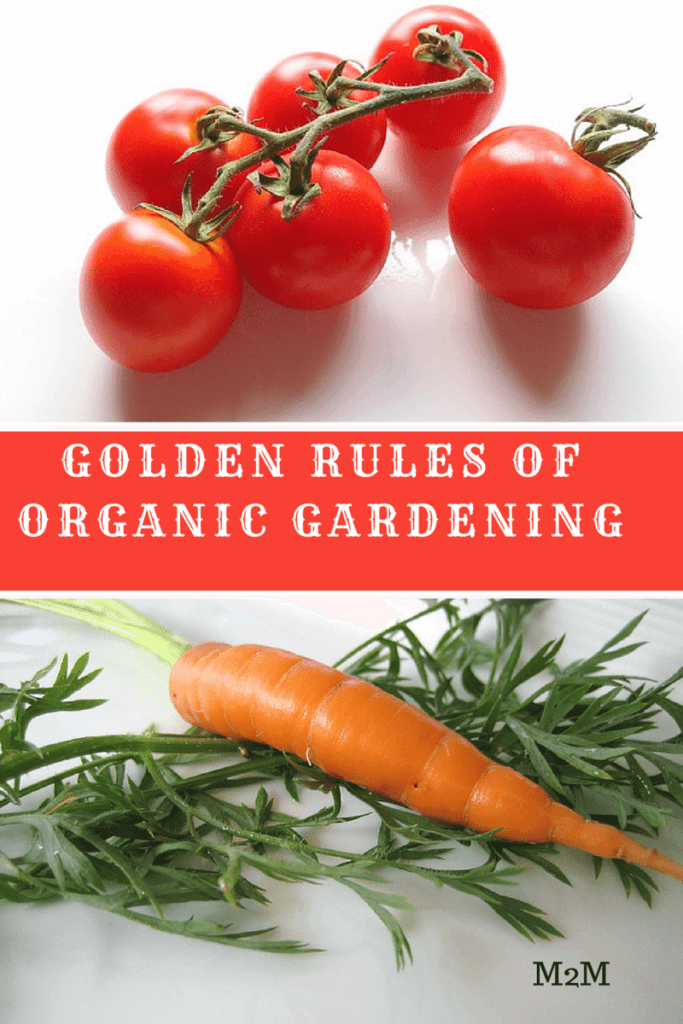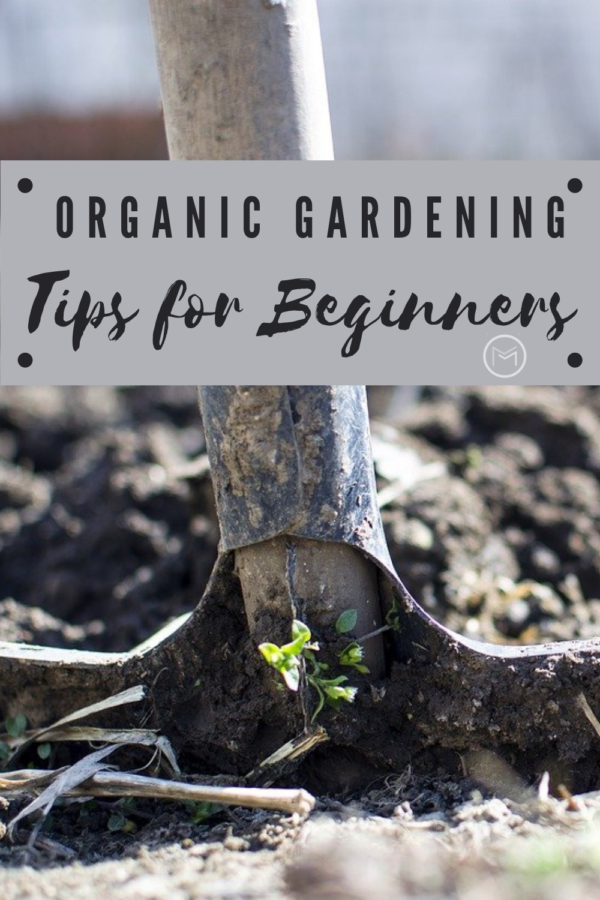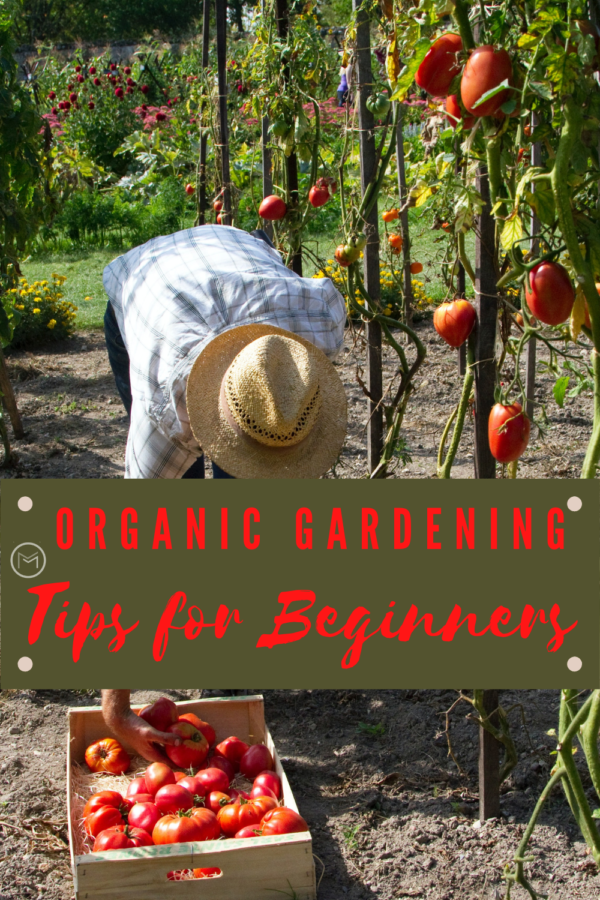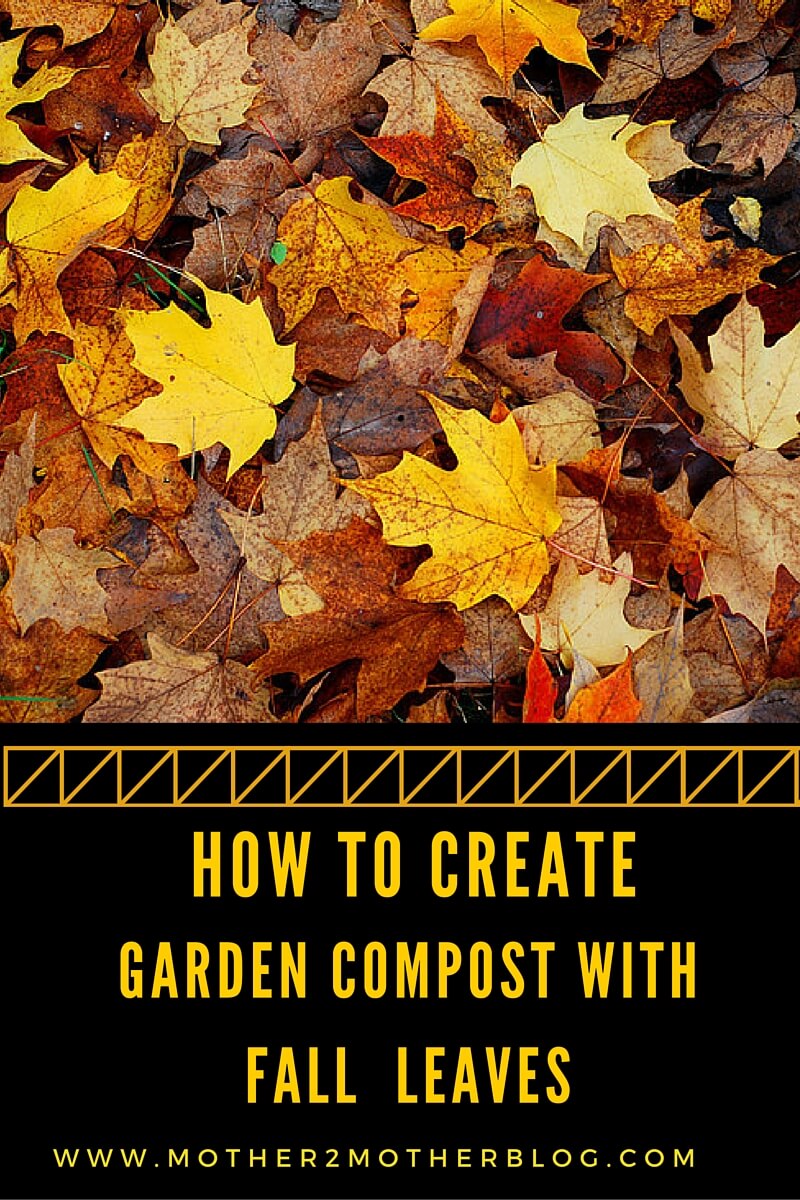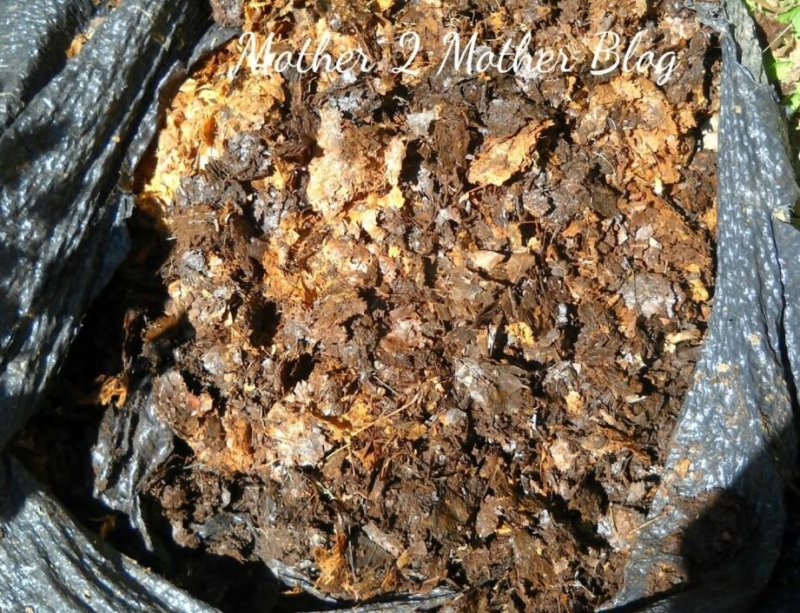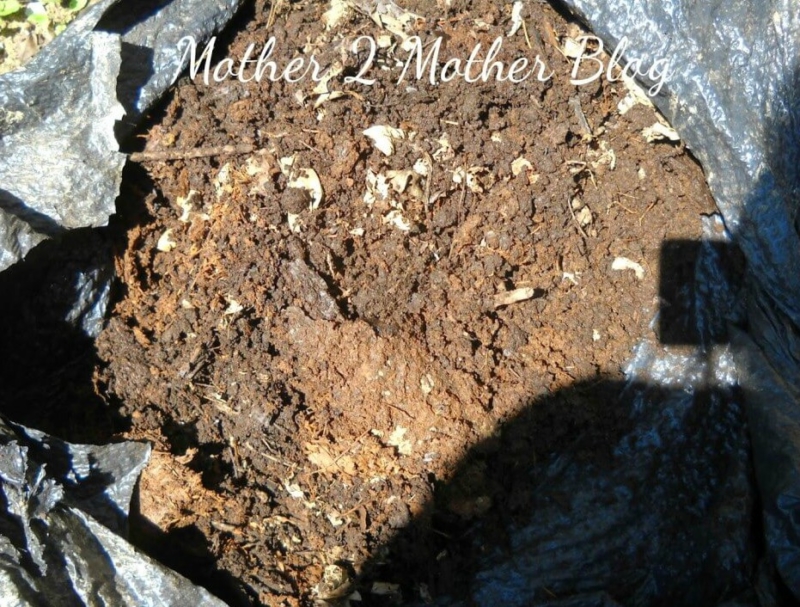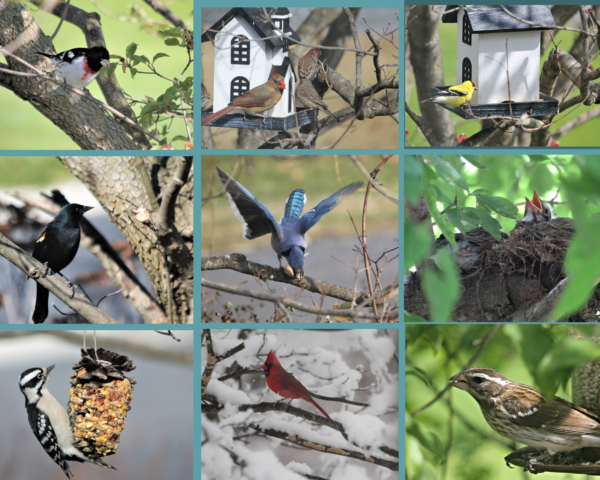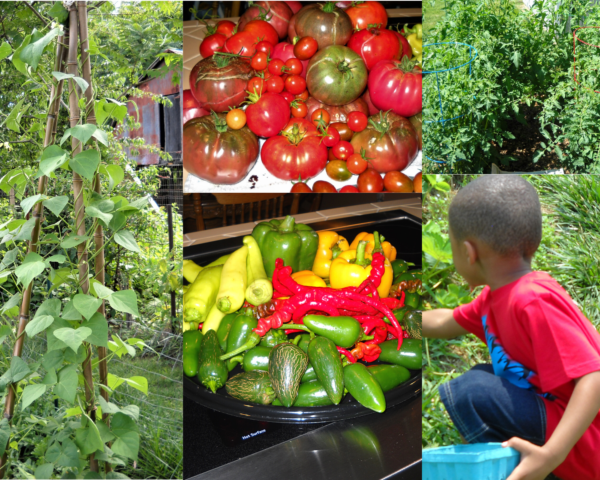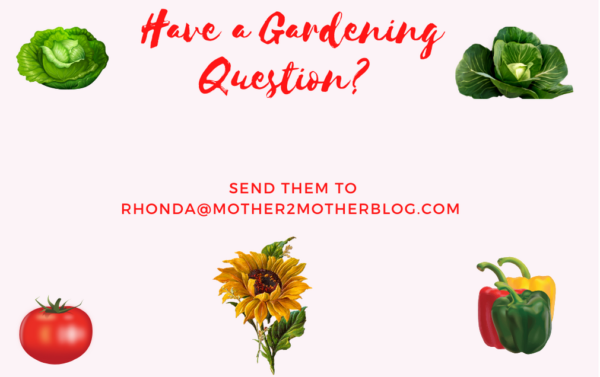Gardening is one of the best remedies for the mind. There are many benefits attached to it like enjoying outdoors, getting some physical activity, and growing nutritious fruits and vegetables. Unfortunately, there’s a few downsides to backyard vegetable gardening. How to Control Garden Pests is major issue in gardens. We’re going to share a few tips today on how you can take preventive measure on controlling them. And, how to fight them when you encounter them in your garden.
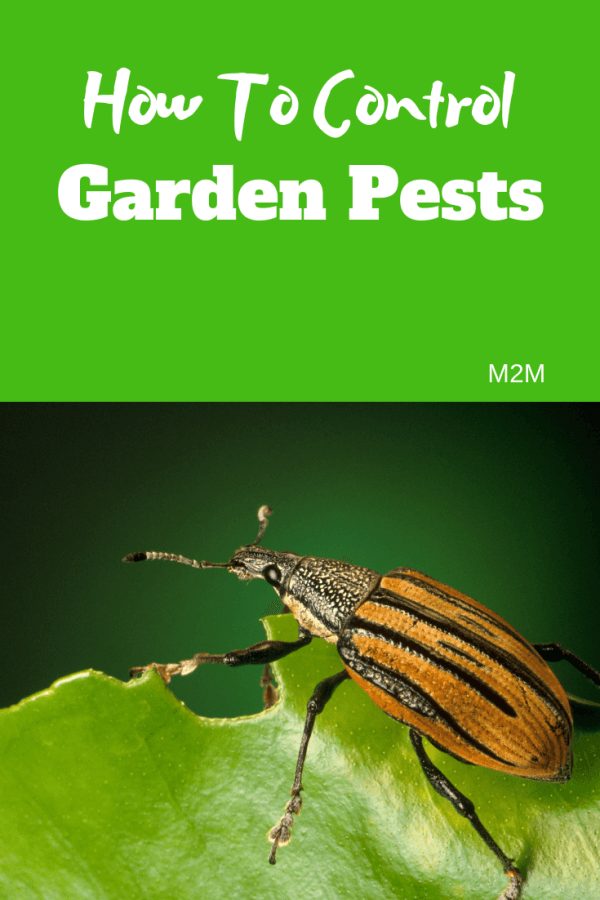
One of the important aspects of maintaining a garden is to nourish and protect your plants. It is also natural for gardeners to use pesticides to protect their plants from pest attack. Most of the pesticides have harmful chemicals, and it affects your health and the environment as well. Find preventive pest control methods that will keep your plants healthy. You have to put in some extra efforts to follow them, but in the end, it will all be worth it.
- Organic gardeners recommend natural pesticides like soaps, vinegar, neem oil, and row covers. Chemical pesticides can protect plants, but the majority of the garden has vegetables that are edible. Plants inherit these chemicals. Consuming the chemicals can become dangerous. Dust and pyrethrum solution extracted from daisy flowers are good natural pesticides. By spraying the solution from time to time, plants are protected from insects, such as flies, fleas, ants, and aphids.
- If you see any bacterial and pest infestation, you must act on it immediately to prevent it from spreading. Cut off infected part of the plants and throw away the damaged fruits or vegetables. Do not add them to the compost heap. Regularly check your garden for pests and don’t forget to look under the leaves as well.
- Heat will dry plants and kill them quickly. So build a greenhouse to protect your plants from the harmful radiations. Cold weather also hinders the growth of plants.
- Next, apart from shade and shelter, mulch can protect your plants to a great extent. It also reduces general garden maintenance activity, retains water, decreases evaporation and encourages vigorous growth of plants. Do some research and find out about mulch variations that can be used in all temperature conditions.
- Drinking water in the morning has many health benefits for humans. Same applies to plants. Watering early in the morning ensures that the roots are hydrated enough to bear the heat of the day. This is the only way to protect plants from sunburn. Sometimes a second watering is also a good idea if once wasn’t sufficient.
- If you’re late at planting seeds, or you live in a place where it is warm throughout the year, plant the seeds deeper. Warm temperature and direct sunlight can dehydrate the top soil quickly. So by planting seed an extra inch or two deeper will prevent the root systems from drying.
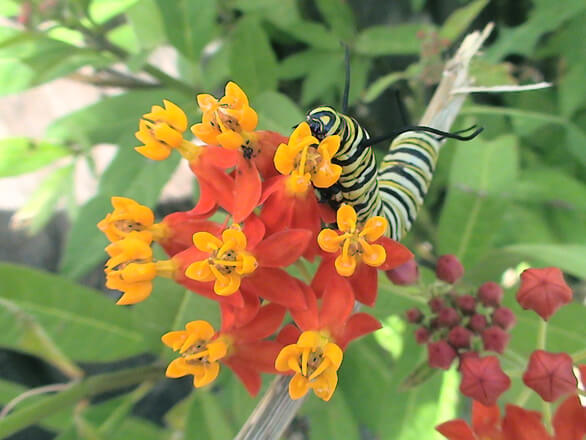
Last, you cannot entirely protect your garden from changing weather conditions, pests, and plant diseases. But, as a gardener, you have to experiment with gardening protecting tactics so that you can find out the one that is suitable for your garden.
